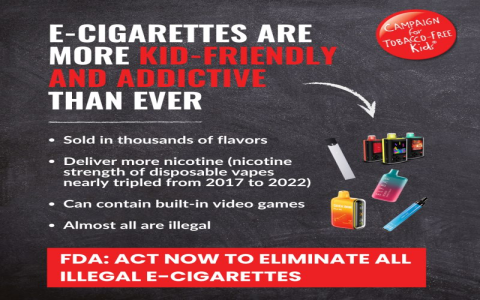The legality of electronic cigarettes (e-cigarettes or vapes) is complex and varies significantly worldwide and even within countries at regional or local levels. There is no universal ban on e-cigarettes.
Global Regulatory Landscape
Regulations can be broadly categorized as follows:

- Complete Bans: Some countries have outright banned the sale, distribution, and sometimes even the use or importation of e-cigarettes. Examples include Thailand, Singapore, Brazil, and India.
- Regulated as Tobacco Products: Many countries, including the United States and member states of the European Union, regulate e-cigarettes as tobacco products or under specific vaping product directives. This often involves age restrictions (typically 18 or 21), marketing restrictions, product standards (e.g., nicotine concentration limits, tank size limits), and ingredient disclosures.
- Regulated as Consumer Products: In some jurisdictions, e-cigarettes might be regulated under general consumer product safety laws if specific e-cigarette legislation is absent.
- Specific E-cigarette Legislation: An increasing number of countries are developing bespoke legislation for e-cigarettes, recognizing them as distinct from traditional tobacco products but still requiring control.
- No Specific Regulation: A few countries still lack specific regulations addressing e-cigarettes.
Common Regulatory Measures
Even where not completely banned, common restrictions include:
- Sales Restrictions: Minimum age requirements for purchase are nearly universal where e-cigarettes are legal.
- Flavor Bans: Some jurisdictions have banned or restricted characterizing flavors in e-liquids (except tobacco flavor) to reduce appeal to youth.
- Advertising and Promotion Bans: Similar to traditional tobacco, advertising, promotion, and sponsorship related to e-cigarettes are often heavily restricted or banned.
- Use Restrictions (Vaping Bans): Many places have extended smoke-free laws to include e-cigarettes, prohibiting their use in public indoor spaces, workplaces, and on public transport.
- Product Standards: Regulations may dictate nicotine strength, e-liquid ingredients, packaging, and labeling requirements.
- Taxation: Specific excise taxes on e-cigarettes and vaping products are being implemented in various regions.
Conclusion: It is crucial to check the specific laws and regulations of your country, state, or even city, as the legal status of e-cigarettes is highly diverse and subject to change. What is permissible in one location may be strictly prohibited in another.










